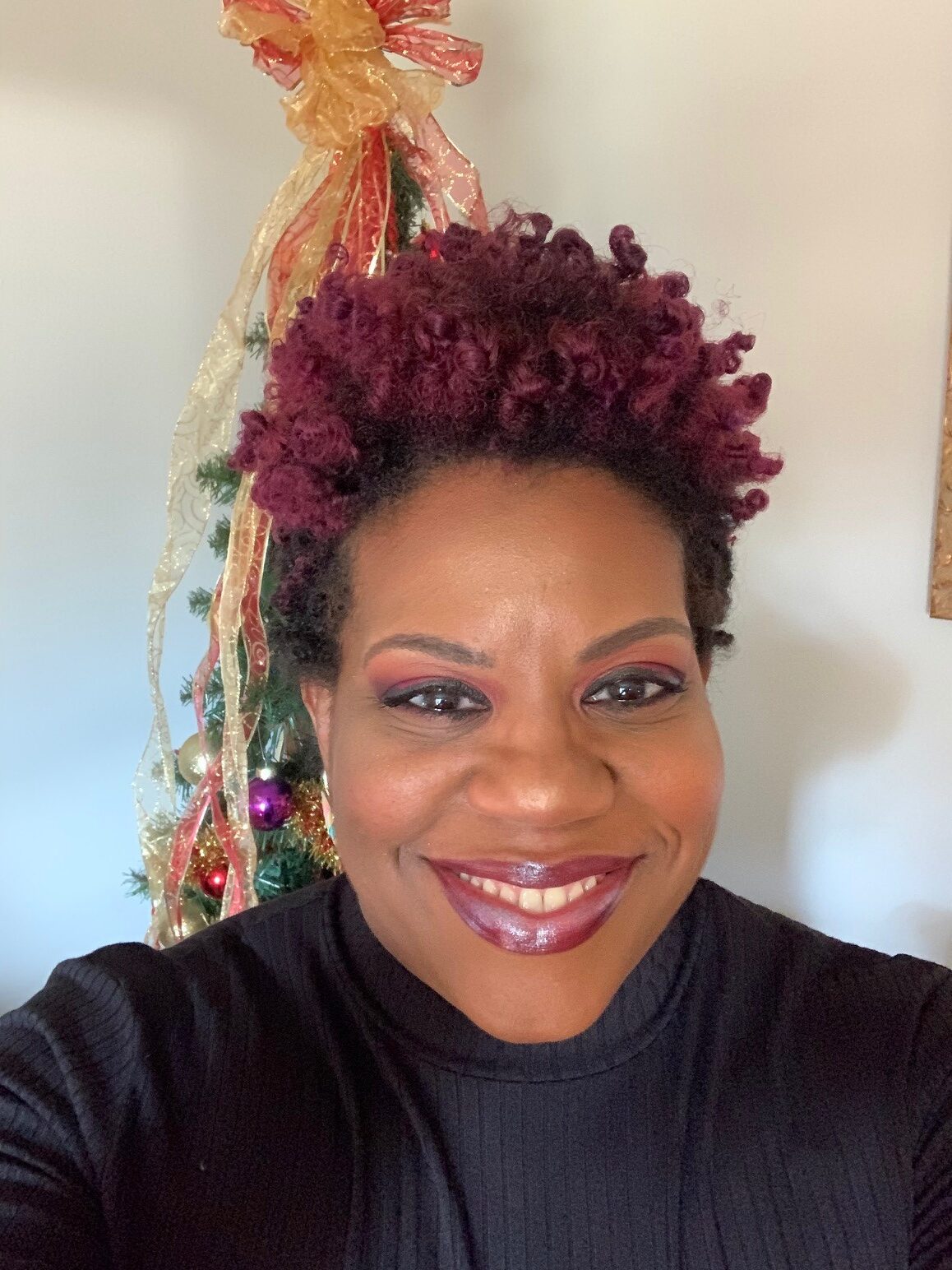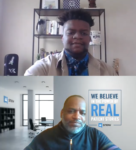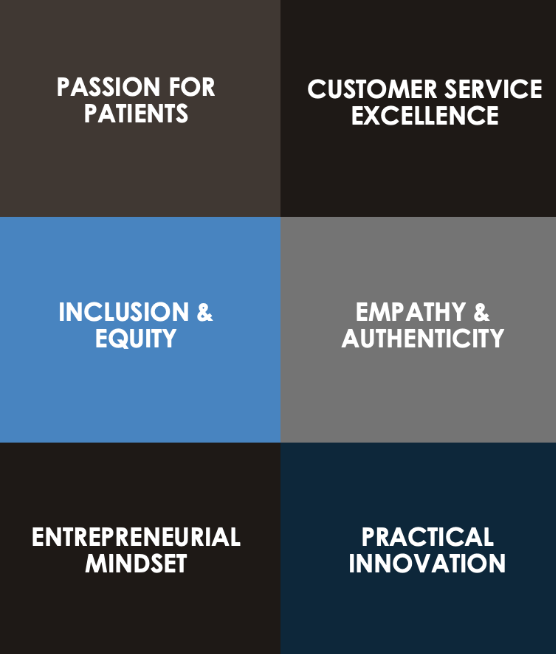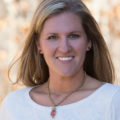I am a proud graduate of a Historically Black College and University (HBCU). I didn’t grow up in the most diverse areas. I was born in Detroit, MI, but have lived in the South pretty much all of my life. Growing up in a small town in the 80s and 90s, there were not many real-life representations of powerful Black people for me to see. I grew up in spaces where microaggressions ran wild. Throughout my matriculation in school, I had teachers tell me that Black people were “handicapped,” learned math differently from others, and going to a four-year university wasn’t a “good idea.”
But then something changed in high school. I was exposed to more Black teachers, participated in programs geared toward Black children, and became more active in social events for Black people. I began to see my brown skin as beautiful and not a problem that needed to be hidden or ignored. I had several teachers talk to me about their college experiences, many of them occurring at HBCUs. One of my teachers, in particular, mentioned Winston-Salem Teachers College (now known as Winston-Salem State University). I was intrigued. I did my research and decided that is where I wanted to go. I needed to experience what it was like to go to school and not be the only Black person in the class. I wanted to feel comfortable in my skin and be unapologetic for who and what I am. Even though it would be for only four years, I wanted to see what it was like to NOT be in the minority. WSSU was the only school I applied to and, thank goodness, I got in! But I knew from the moment I stepped on campus I’d made the right decision. I learned Black people are not monolithic—we are diverse even within our race or ethnic group. Some of us come from wealth, some are from other countries or continents, some from other religions. We are varied and that adds to the beauty of who we are. I felt so free to be me—talk the way I wanted to, dress the way I wanted to, dance the way I wanted to. I met some amazing people during my time at WSSU who became lifelong friends. One of the most precious things about this is, when we gather together at homecoming or other events, we can reminisce about our experiences, which ground us when times become challenging in this chaotic world we live in.
In addition, I had some great professors pour into me, preparing me for the “real” world. I feel having Black professors and lecturers helped me to see that I could be a professor too—a position that I thought could only be held by old grey-haired white men. The best part of all of this was that my professors were tough! They requested and expected excellence—anything less was unacceptable. I remember my African American History professor used some very choice words because many of the Black students didn’t do well on an exam, but a white student and an Asian student outperformed everyone else. He told us that it was a shame that other races knew more about our history than we did. That resonated with me and pushed me to work harder to learn about my culture and myself. These invaluable tools have assisted me in times when I had to navigate being the only Black person in meetings or other capacities. It helped me to be proud of being a Black woman, no matter what others said or felt.
I think HBCUs still hold great value in our world today. It is a place where a person can develop, prosper, and have a moment to bask in their excellence without having to worry about the color of their skin. I think it prepares you for a world that may not always see your worthiness. It reminds me of the process of becoming a butterfly. You go to an HBCU a wiggly little caterpillar, then the school wraps you in a cocoon, and four years later, you emerge a wondrous butterfly, ready to conquer the world. You realize that Black is beautiful, and that is a wonderful thing to let the world know.
Anita is a Senior Editor at Snow.








